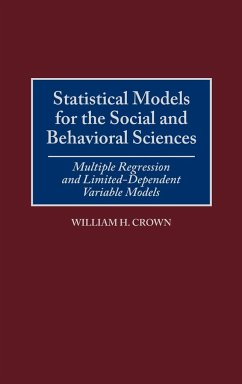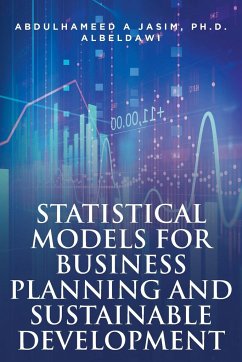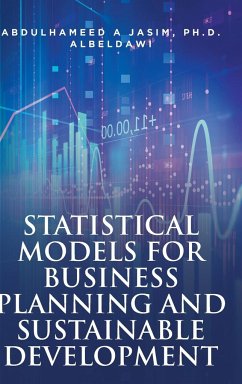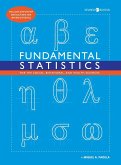Multiple regression analysis has been widely used by researchers to analyze complex social problems since the 1950s. A specialization in economics, known as econometrics, developed out of a recognition that multiple regression is based upon a large number of assumptions-many of which are commonly violated in specific applications. Econometricians developed tests for violations of the regression model assumptions, as well as a variety of corrective measures for estimating regression models in the presence of many of the violations. Unfortunately, the mathematical sophistication required to understand the econometrics literature started out high and has continued to rise over the years. As a consequence, an understanding of the assumptions of the regression model, tests for violations, and corrective estimation approaches have failed to permeate widely many other policy-related disciplines such as political science, social work, public administration, and sociology. One of the key objectives of this book is to translate the results from the econometrics literature into language that policy analysts from other disciplines can understand easily. A second objective is to present a discussion of so-called limited-dependent variable models. One of the assumptions of the regression model is that the dependent variable is measured on an interval scale. But often the dependent variable of interest is discrete or categorical. Whether someone is in poverty or, whether they are working full-time, part-time, or out of the labor force, marital status-all are examples of categorical variables that might be of policy interest. Moreover, the growing availability of large-scale public use data sets containing information on individuals and families has heightened the relevance of categorical variables in policy analysis. The mathematical preparation required to understand procedures for estimating categorical models is, however, even more daunting than that for fully understanding and using the regression model. As with the theoretical development of the regression model, most presentations of categorical models, such as Logit and Probit, are to be found in econometric literature. Moreover, this literature offers little in the way of practical advice on how to estimate and interpret model results. This book is the first to present a detailed and accessible discussion of multiple regression and limited-dependent variable models in the context of policy analysis. As such it will be an invaluable resource for most scholars, researchers, and students in the social and behavioral sciences.
Hinweis: Dieser Artikel kann nur an eine deutsche Lieferadresse ausgeliefert werden.
Hinweis: Dieser Artikel kann nur an eine deutsche Lieferadresse ausgeliefert werden.








